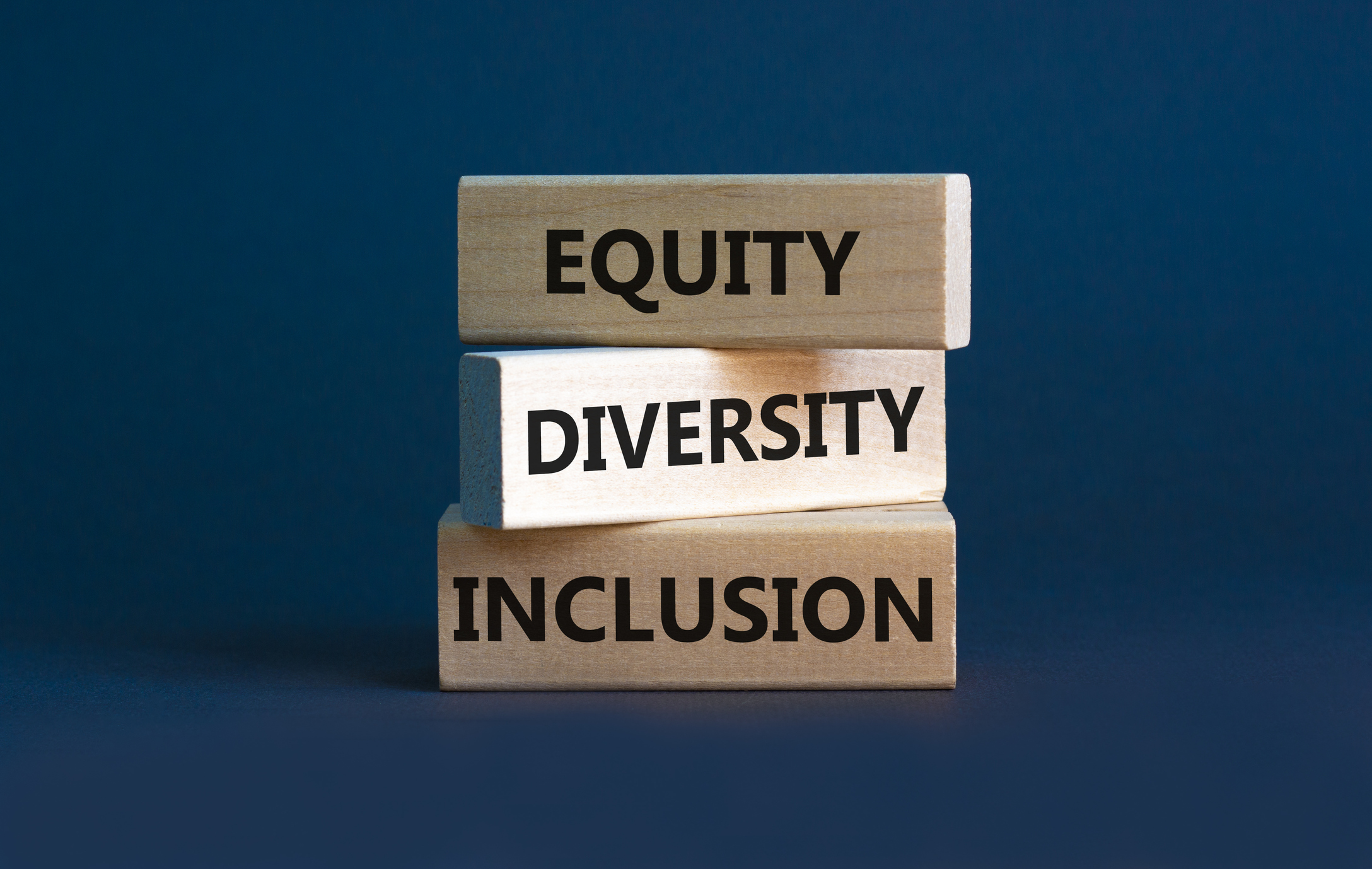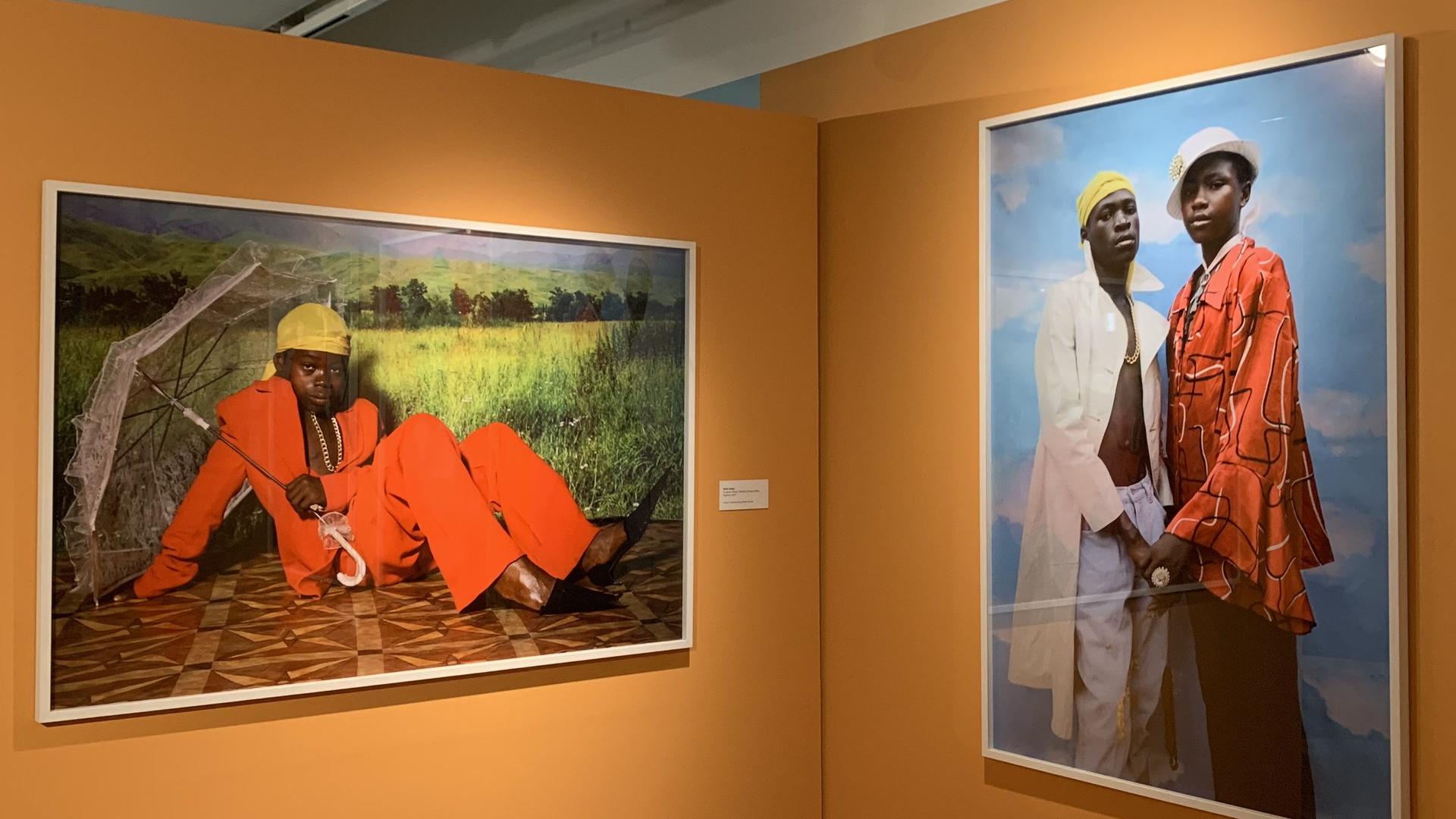Before the read
Systemic barriers and limited access to funding often make it harder for Black entrepreneurs to launch and grow their businesses.
Innovative collaborations are providing Black entrepreneurs with mentorship, funding, and resources to level the playing field.
Beyond capital, Black-owned businesses benefit from coaching, community connections, and tailored business training.
New Partnership Helps Black Entrepreneurs and Marginalized Diverse Creatives Seize The American Dream
One of the pillars of the proverbial American Dream—and the dreams of many people around the world—is the chance to succeed by launching and running a business. In the case of Black-owned businesses in particular, entrepreneurship represents a vital pathway out of poverty and toward financial independence, especially for those who may lack traditional connections or access to corporate career paths.

Entrepreneurship represents a pathway out of poverty for many people, particularly those who lack connections or the right background for traditional employment.
Why Black-Owned Businesses Matter More Than Ever
This pathway is particularly important for Black people in the U.S., 19.5 percent of whom were living below the poverty line in 2021, more than twice the number of other racial groups. Poverty is defined as single people earning less than $12,880 per year and families of four earning less than $26,500. The U.S. had the third highest poverty rate of all OECD (The Organization for Economic Co-operation and Development) countries in 2019, and women, children, and racial minorities were the most affected. California, the 5th largest economy in the world, had the highest number of people living below the poverty line in 2020.

Main Street’s minority owners need loans to grow, but access to capital remains inequitable. Unfortunately, underserved communities, especially Black people in the U.S., struggle to access the resources that make entrepreneurship possible. That is not for lack of effort or creativity but a result of systemic injustice.
A New Partnership Aims to Shift the Narrative for Black-Owned Businesses
According to the Stanford Institute for Economic Policy Research, only 1% of Black business owners could obtain loans in their founding year. Black-owned businesses get only 66% of the funding that they request from banks, compared to 80% that White-owned businesses get for the same requests. Additionally, the average loan size for small White-owned firms was over $30,000 higher than for small BIPOC-owned firms. Black Americans are turned down for loans at a rate more than double that of their White counterparts. This is even worse in the venture capital industry, particularly if you are a Black woman. Since 2009, Black women have received just 0.0006% of the total $424.7B in venture capital funds invested in tech companies. Overall, Black women receive 0.34% of all VC funding each year.
The fact is that Black-owned small businesses are statistically less likely to receive financing. “Lenders and VC firms do not visit or host events in marginalized communities,” points out Chris Horton, founder and executive director of the National Black Entrepreneurs Project.
Not only do many Black entrepreneurs lack helpful relationships within the business community that could provide tools, resources, and expertise, the United States’ history of discrimination has left many Black people with a mistrust of institutions outside their communities.
How the Program Supports Black Entrepreneurs
Horton and Cunningham plan to bring wisdom and coaching to every entrepreneur, particularly those in the Black community, as all business owners need supportive conditions to flourish. Through an exhaustive public-private collaboration of stakeholders spearheaded by Eugene “Gene” Cornelius from the Milken Institute and Trystanne Cunningham’s multifaceted media agency TrooRa Magazine, the National Black Entrepreneurs Project will build a supportive ecosystem from the ground up.
Horton, with the National Black Entrepreneurs Project, along with Cunningham, through TrooRa, will change the narrative and work to rectify hundreds of years of systemic injustice and break through barriers. Their shared goal is to build lasting generational wealth within underserved communities, especially Black communities.
“Black people launch thousands of new businesses every year,” says Horton. “Eight out of ten of these fail, though, within the first 18 months, and these statistics are pretty much the same across industries.”
Horton points to several factors contributing to the failure of many Black-owned businesses: lack of market research, entering a field with a highly competitive landscape, lack of team chemistry, lack of positive cash flow, inability to modify the business plan in response to key market trends, taking on more business than one can handle, and poor management.
Many of these issues can be remedied through investment, coaching, and mentorship.
As Horton says, “The lack of witnessing entrepreneurship in action or having access to an entrepreneur to ask questions leaves the solopreneur out on an island without a map to navigate the choppy waters.”
Horton wishes he’d received advice and referrals at the beginning of his own entrepreneurial journey. “I wish I’d known to connect with the Chamber of Commerce, the Service Corps of Retired Executives (SCORE), and the Small Business Development Center, and to try crowdfunding.”

This supportive ecosystem, a long cherished dream for Horton and Cunningham, will advance equitable lifelong access to one-on-one advisory services covering all phases of the business lifecycle (pre-venture planning, startup, growth, maturity, and transition). The program will also help business owners find debt/equity funding, mentorship, mental health services, and financial wellness education.
“We’re going to help folks earn more money and keep more of it in their pockets,” says Horton.
The partnership will also provide resources for transportation/housing, education, basic survival needs, legal problems, taxes, and emergencies.

Horton explains that many marginalized entrepreneurs don’t know some of the basic nuts and bolts of starting a new business venture. “I’m not talking about growing, scaling, or expanding. Simply starting,” he says. These include choosing the appropriate legal structure and separating personal banking from business banking.
Entrepreneurs they serve will be able to access financial planning services and cohort business training that will support wealth creation.
“The pathway to operating a thriving business is not dependent on learning by osmosis but setting founders up with the right planning, market research, marketing, media, management, and flexibility. Through this new and desperately needed venture, Black-owned businesses will have a better chance of success,” say Horton and Cunningham.
More by this author
The Wrap
- Black-owned businesses are vital for economic mobility and generational wealth in underserved communities.
- Systemic inequities continue to limit access to funding and resources for Black entrepreneurs.
- Two leading organizations are partnering to provide mentorship, financial education, and business advisory services.
- The program offers support across all business stages, from startup planning to growth and transition.
- Black entrepreneurs gain access to funding opportunities, mental health resources, and essential business training.
- The initiative aims to break down barriers and foster long-term success for Black-owned businesses.
- Building a supportive ecosystem is key to increasing the survival and growth rates of Black-owned businesses.































